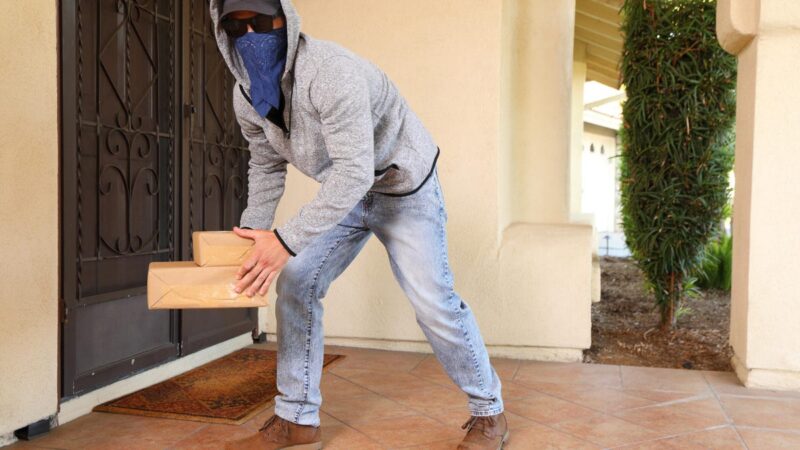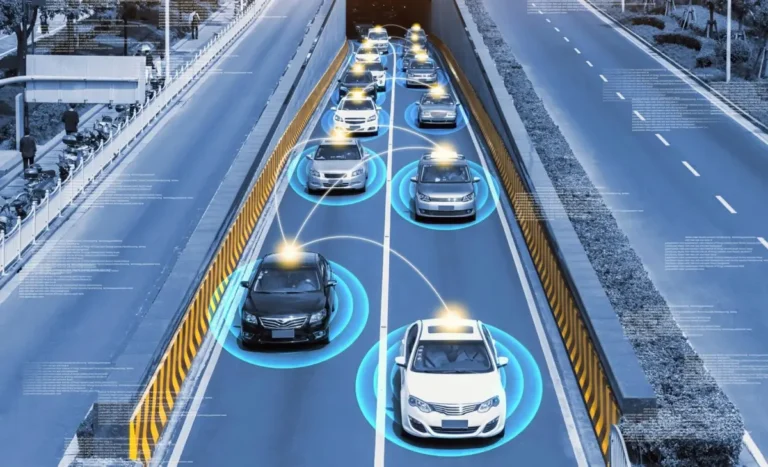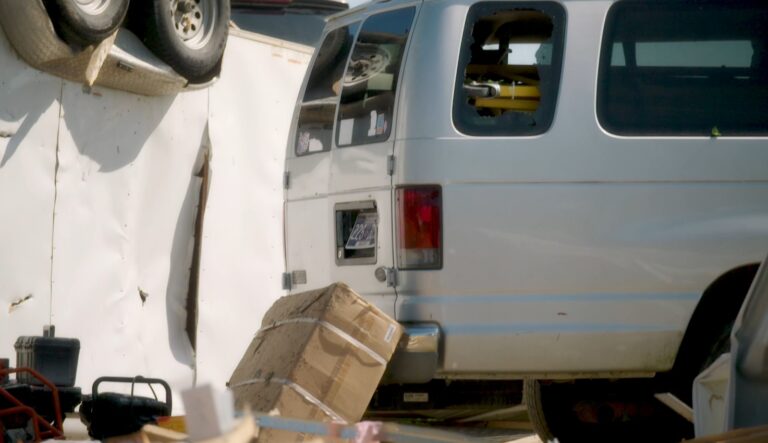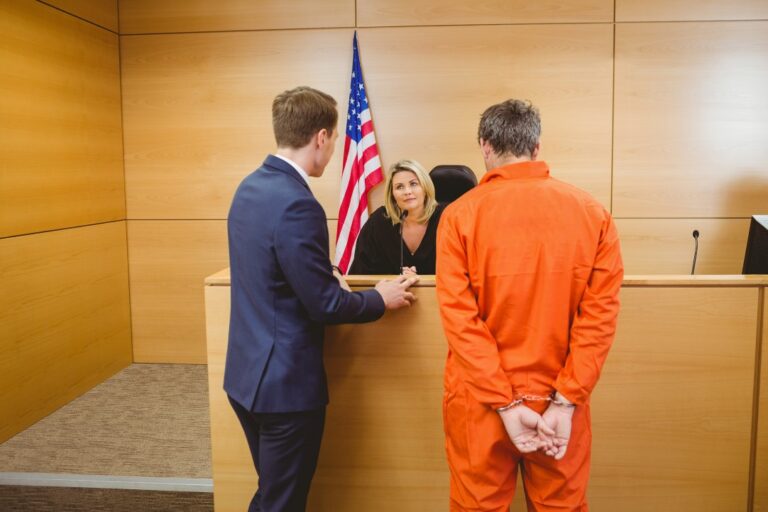Porch piracy costs American consumers billions of dollars annually. The crime is so common that most of us, even if we have not been victimized ourselves, have heard stories from friends or neighbors. The thing about port piracy is that it is preventable.
This begs an important question: who bears the responsibility for stopping porch piracy? Some might point to the delivery companies. Others might say the police need to get more involved. Still others would say consumers. In my opinion, preventing porch piracy takes all three.
Delivery Companies Are Adapting
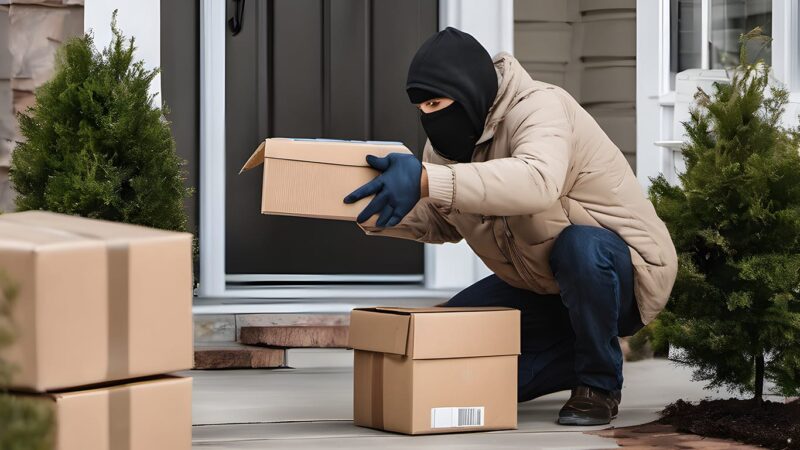
Forbes contributor Simon Seeger is an expert in last-mile parcel delivery. In a recent post, he cited data suggesting that the true cost of porch piracy in the U.S. is an estimated $8 billion annually. Some 160 million packages are stolen off front porches every year.
That is the bad news. The good news is that the logistics industry is adapting. For example, nearly all of the major parcel delivery companies now rely on photo verification to demonstrate successful delivery. The driver snaps a photo of the delivered package and submits it. The recipient gets a copy of the photo attached to an email.
Photo verification is a good starting point. But there is more. Seeger says UPS has begun employing AI technologies that help them predict whether a package is likely to be stolen. If the risk is too high, they request that the customer make other arrangements.
Perhaps you’ve seen the latest Amazon commercials depicting delivery drivers leaving packages inside garages. Amazon Key now lets customers arrange for in-garage delivery through the use of a smart garage door opener.
Cost and Convenience
It should be noted that delivery companies are beginning to charge extra for customized delivery options designed to thwart porch piracy. I do not see how they could not do so. Delivery companies cannot continue to absorb all of the costs associated with safe and quick delivery.
Unfortunately, they face a conundrum. Consumers have demonstrated they prefer to shop with companies that provide free shipping. They want both convenience and rock bottom prices. But if they also want safer shipping options, someone needs to foot the bill. So now, logistics companies are starting to charge higher rates. That cost will ultimately be passed on to consumers one way or another.
Local Police Are Stretched to the Limit
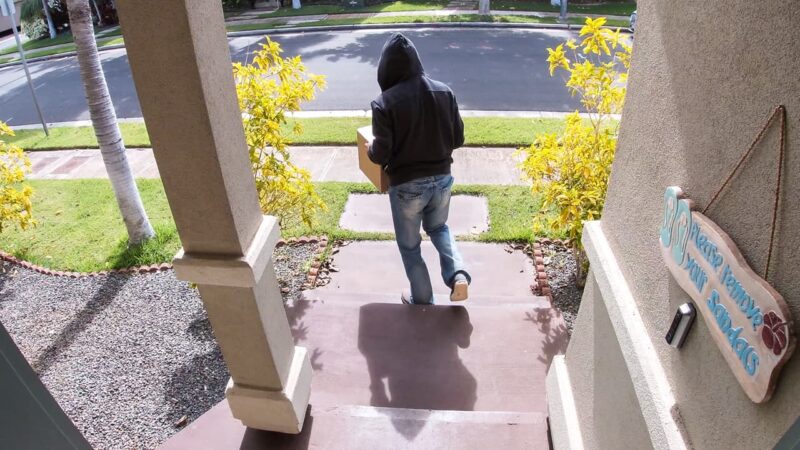
It is fair to say that local police agencies could be more involved in preventing porch piracy. The problem is that most departments are already stretched to the limit. They do not have the manpower or financial resources. It isn’t their fault. Instead, the blame for inadequate resources lies at the feet of those government officials who ultimately make budget decisions.
Better police protection often means cutting the budget elsewhere. I don’t think I’m alone in saying that states, counties, and local municipalities spend a lot of money on things they don’t need. Perhaps it’s time to trim the waste and put punny back into safer communities.
All of that said, what would more police involvement look like? Like more residential patrols along neighborhood streets. Police officers would respond more quickly when reports of crimes come in. They would pay more attention to delivery trucks and any cars that might be following them around.
Again, local police departments are already stretched to the limit. We cannot expect any more from them without increasing the resources. That leaves us with just one more partner to talk about: the consumer.
Consumers Bear Most of the Responsibility
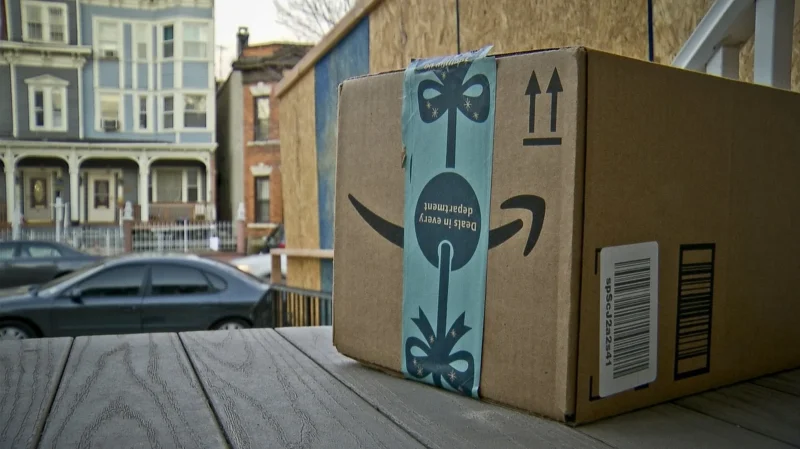
The last partner in the anti-porch piracy trifecta is the consumer himself. In my opinion, he bears most of the responsibility. After all, it is the consumer who wants the convenience of home delivery. Consumers need to take a more active role in keeping themselves safe rather than depending on others to do it for them.
The big challenge for logistics companies is meaning the demand for convenience in a safe way. Consumers want packages delivered directly to their doors, but they generally aren’t home all day, every day. So what can be done?
Vivint Smart Home recommends a home security system with exterior video surveillance. It is not a bad suggestion, at least as a starting point. For example, a video doorbell from Vivint can go a long way toward deterring porch pirates. A good video doorbell offers both live video and audio capabilities.
Alternate Delivery Options
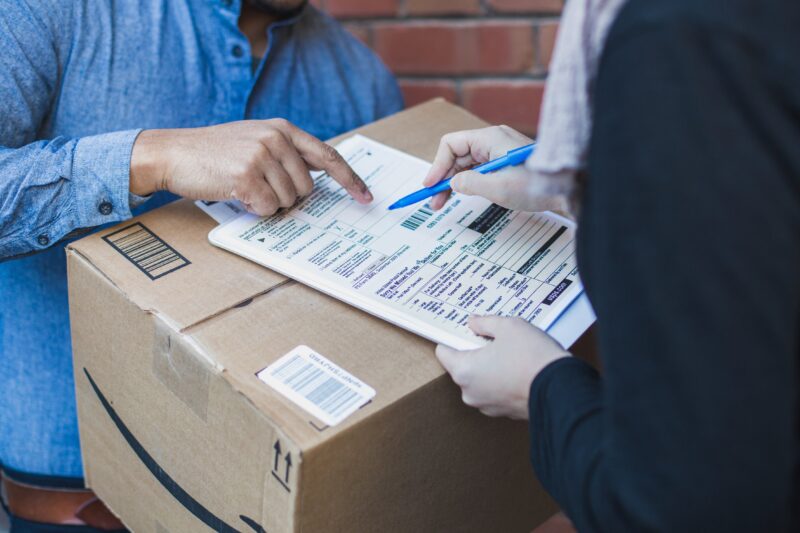
A home security system with video surveillance does not offer a 100 percent iron-clad guarantee that packages will not be stolen. Video surveillance is a deterrent, but it doesn’t actually stop crime all by itself. Therefore, homeowners need to take advantage of other strategies—including alternative delivery options and IoT devices that provide real-time alerts and monitoring.
Seeger mentioned in his post that some logistics companies are starting to give consumers the option of choosing delivery day and time. This allows them to ensure they will be home when packages arrive. Another option is to take advantage of package tracking. By tracking packages, a homeowner always knows where his items are at any given time. He can make arrangements to be home when they arrive.
Other alternatives include:
- Package Lockers – Package lockers may not be as convenient as home delivery, but they are more secure. Consumers can have their packages delivered to a local locker facility and then swing by and pick them up on the way home.
- Friends and Neighbors – Logistics companies by and large allow delivery to other residential addresses. So a consumer could arrange to have packages delivered to a neighbor or friend he knows will be home.
Personally, I like amazon’s plan of working with consumers to have packages delivered inside the garage. It requires a certain level of trust, but it makes more sense to trust an Amazon driver than trust that packages left on the front porch will not be stolen by porch pirates.
Porch piracy is a lucrative crime. It is also preventable. Logistics companies, the police, and consumers can all play a role in putting a stop to it.

